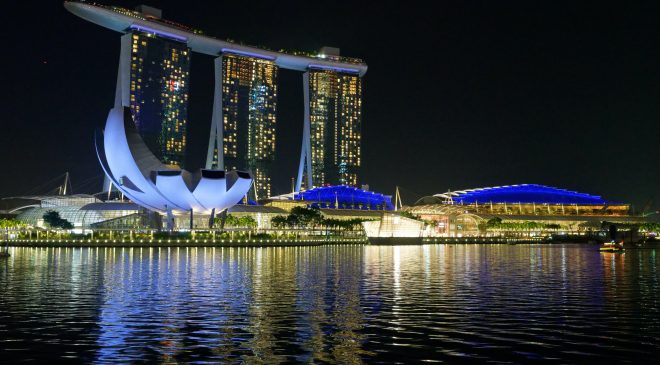
Singapore Deputy Prime Minister and Finance Minister Heng Swee Keat signals country as “global-Asia node of technology, innovation and enterprise in 2020 budget
In his release of Singapore’s Budget 2020, Deputy Prime Minister and Finance Minister Heng Swee Keat said structural changes in the country bring both opportunities and challenges.
According to the deputy PM, technology and innovation will drive the country’s productivity and its next phase of growth. Despite a decline in the support for globalisation, most of Asia remains committed to free trade and economic integration.
“The Asian economies have strong growth drivers and are projected to account for half of global GDP by 2040,” he said during his speech. “Singapore is well-positioned to make the most of these structural changes.
We recognised these changes early and made an early start on economic transformation. We set up the Future Economy Council, or FEC, in 2017, and now have 23 Industry Transformation Maps, or ITMs.”
According to the Deputy PM in the last three years overall productivity, measured by actual hours worked, rose by 2.6 per cent per year. This was an improvement over the 2.2 per cent per year growth in the preceding three-year period.
“Two years ago, I set out our vision of Singapore as a Global-Asia node of technology, innovation, and enterprise,” he said. “Our economy will be one driven by innovation and digitalisation.”
To support the vision in the Budget, the Government introduced a set of measures to drive its transformation and growth strategy.
There are three key thrusts:
• First, enabling stronger partnerships.
• Second, deepening enterprise capabilities.
• Third, developing its people.
Deputy PM Swee Keat allocated SD$8.3 billion over the next three years, on top of funds allocated in previous years
“As a small, open economy, we must continue to strengthen partnerships with the world,” he said. “We have an extensive network of economic linkages, including Free Trade Agreements, International Investment Agreements, and Avoidance of Double Taxation Agreements.”
According to the Deputy PM, beyond economic connectivity Singapore were enhancing its digital connectivity to create new value.
“Singapore Customs connected our Networked Trade Platform with the customs portals of our trading partners,” he said.
Also last month Singapore concluded its first Digital Economy Agreement with Chile and New Zealand.
“It will foster interoperability and address frontier issues like artificial intelligence governance, to enable more trade,” stated the Deputy PM. “The digitalisation of finance will also open-up new ways of doing business.”
It was revealed during the budget, between 2015 and 2019 annual investments in financial technology had risen “six-fold to over one billion Singapore dollars. Players from different domains and around the region came together to bid for MAS’s digital banking licences.
“To make the most of our global links, we must strengthen partnerships within Singapore to bring good ideas to global markets,” said the Deputy PM. “Under our research, innovation and enterprise 2020 plan, we are sustaining investment into promising ideas.
These include artificial intelligence, industrial robotics, urban solutions and sustainability, and the biomedical sciences, among others.”
The Deputy PM also signalled financial support programs for start-ups, SMEs and enterprises, both new and established who are seeking to grow, or need extra support.




